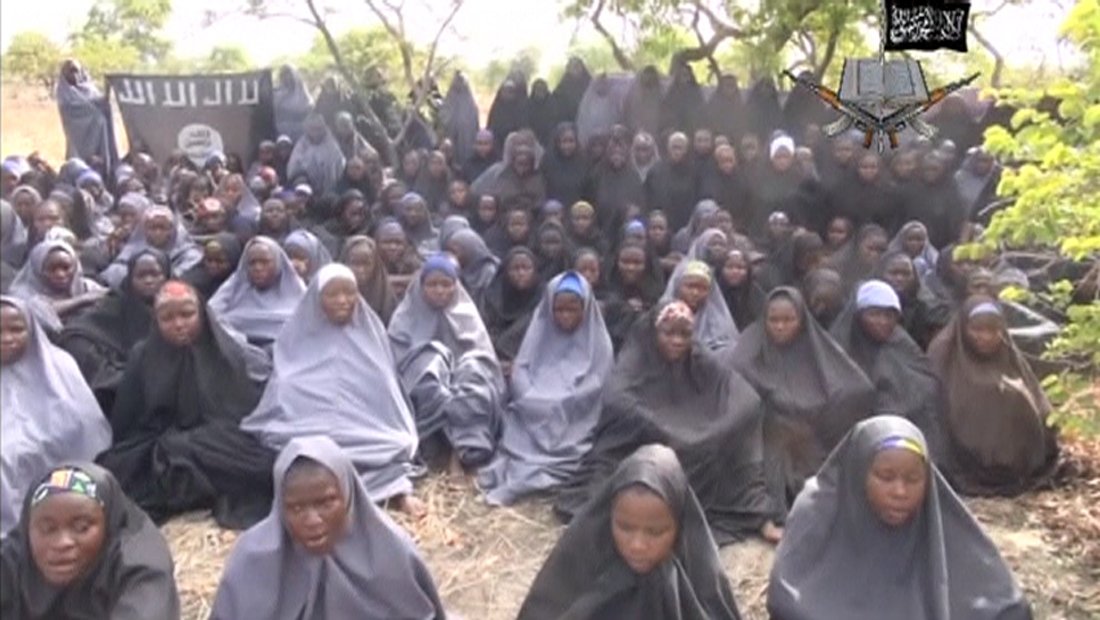
A top military official in Nigeria was reported Friday to have announced a cease-fire between the government and the military group Boko Haram, igniting both skepticism and hopes that more than 200 schoolgirls who were kidnapped in April would be released.
The truce was announced by Air Marshall Alex Badeh, Nigeria’s chief of defense, the BBC reports. The release of the girls is still being negotiated, Maj. Gen. Chris Olukolade added, according to the Associated Press, but the cease-fire would begin immediately and could take take several days to reach the groups of militants.
“Already, the terrorists have announced a cease-fire in furtherance of their desire for peace. In this regard, the government of Nigeria has, in similar vein, declared a cease-fire,” said Mike Omeri, a government spokesman on Boko Haram, at a news conference. The AP adds that Omeri confirmed negotiations about the girls’ potential release were held throughout the week.
“They’ve assured us they have the girls and they will release them,” government aid Hassan Tukur told the BBC. “I am cautiously optimistic.” He also said that final negotiations are scheduled to take place next week.
There was no announcement immediately released by the insurgent group, according to the New York Times.
Reports of the deal were met with hesitation by those who have followed the saga since the girls were abducted from their school in Chibok on April 14. The Nigerian government has in the past misled the public about the girls’ status; its fight against Boko Haram has been fraught with challenges since the militant group rose up in 2009, from inefficiency and corruption in the military to lax local support in the northern communities that are threatened most.
Boko Haram, which released a video in May that claimed responsibility for the girls’ abductions and vowed to “sell them on the market, by Allah,” has previously demanded the release of rebel prisoners in exchange for their freedom. But Nigerian President Goodluck Jonathan, who has faced intense global pressure to free the students, said that’s a trade he will not make.
In August, the Wall Street Journal reported that American surveillance planes spotted groups that appeared to be the missing girls, suggesting that not all of them had been sold into marriage or slavery — as feared — and that some were perhaps being kept as a bargaining tactic.
More Must-Reads from TIME
- Donald Trump Is TIME's 2024 Person of the Year
- Why We Chose Trump as Person of the Year
- Is Intermittent Fasting Good or Bad for You?
- The 100 Must-Read Books of 2024
- The 20 Best Christmas TV Episodes
- Column: If Optimism Feels Ridiculous Now, Try Hope
- The Future of Climate Action Is Trade Policy
- Merle Bombardieri Is Helping People Make the Baby Decision
Write to Charlotte Alter at charlotte.alter@time.com